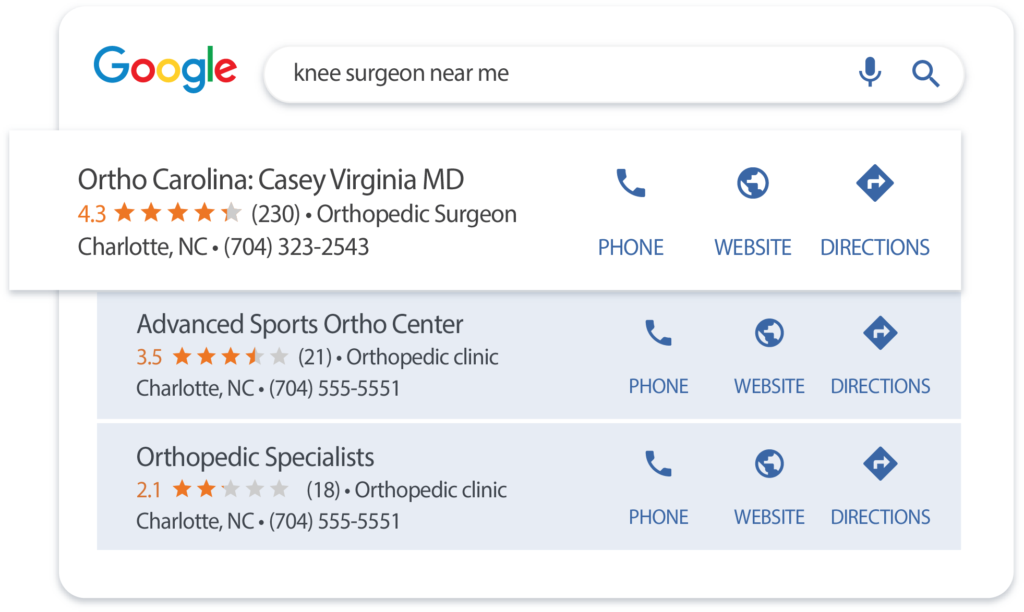One of the side effects of the COVID-19 pandemic is the increase of employees reporting job dissatisfaction. The stress of working in an unstable and shifting environment, along with employers asking for longer work hours and demanding better results, has created a pressure-cooker climate leading to burnout in healthcare and other industries.
A study done by Indeed indicated that “67% of all workers believe burnout has increased during the pandemic.” The healthcare industry has been hit especially hard. Healthcare employees talk about the difficulty of balancing home and career; they feel unsupported, underappreciated and overworked. Burnout in healthcare is high.
Consequences of Employee Burnout
What is “burnout?” Psychology Today defines it as “a state of emotional, mental, and often physical exhaustion brought on by prolonged or repeated stress.” When stress is drawn out or occurs frequently, as during COVID-19, the physical and emotional consequences can be detrimental. Mental health issues such as depression, anxiety, and hopelessness increase. Stress can contribute to physical problems such as high blood pressure, intestinal issues, and insomnia. Add all these factors together, and the result equals burned-out employees.
Much has been written about doctors and nurses experiencing burnout; however, it is also a problem with healthcare marketers and administrators. COVID-19 burnout has stealthily made its way into administrative and marketing conference rooms as well as C-suites.
Burnout in healthcare is a far-reaching and weighty problem that affects not only the health and mental well-being of the employee, but also the productivity and welfare of the business. Burned-out employees are more likely to fall prey to “The Great Resignation,” looking to find employment in a less stressful environment. Gallup determined that “burned-out employees are 63% more likely to take a sick day and 2.6 times as likely to be actively seeking a different job.”
Reduce Marketing Burnout in Healthcare
Burned-out healthcare marketers and administrators can negatively impact the success of your business. In today’s fast paced, ever-changing digital world it may seem like you need a master’s degree to understand and implement the tactics of a successful healthcare marketing campaign. However, you can find tools and strategic methods to make marketing easy and proactively reduce marketing stress.
Track Your Marketing Effectiveness
Marketing campaigns vary widely, from the amount of money spent to the way the message is delivered. Nonetheless, the importance of tracking the effectiveness of each marketing effort is crucial. No one wants to spend their marketing budget on a campaign that delivers poor results.
You want the best return on your investment. Call trackers will help you quickly determine the effectiveness of your digital healthcare efforts by gathering objective data. With call trackers you can measure which marketing efforts resulted in the most new appointments.
Calls can be tracked when you assign a unique phone number to various campaigns. Then when a patient calls that number, the right software will easily determine if they got the number from your Google Business Profile, your website, a billboard, or any other campaign where you’ve added a trackable number. The patient’s phone number is then checked against known numbers already found in your database so you know if they are a new or existing patient. The report you receive tells you how many calls came from each marketing tactic and which of those calls were from new patients.
Call tracking takes the stress out of figuring out which marketing campaign is generating the most new patients and revenue so you can make sure you’re putting your efforts where it counts the most.
Manage Your Online Reputation
Online reviews impact your healthcare business in powerful ways. Since a large number of consumers look to reviews in helping them choose a healthcare facility, managing your online reputation provides vital social proof.
You should be sending automated, personalized review requests to patients within 24 hours of their appointment. A text or emailed request can be completed in less than one minute, giving your silent majority of satisfied patients a simple way to leave feedback. With the right software, you can choose the messages your patients get sent and the review sites on which they are prompted to leave a review.
Automating your review requests allows you to collect more reviews and helps you keep track of the information. All reviews from all platforms should flow into a single dashboard where you can quickly see and respond to Google, Facebook, and other online reviews in one place.
Use Targeted Ads
Knowing how to target high-value patients with effective advertising can be confusing and troublesome, but attracting the right patients will reduce your stress. Predictive analytics tools now available for healthcare sift through consumer online data collected from searches and uncover important consumer behavior that identifies patients who may need a particular type of doctor, procedure, or product.
Once you’ve identified your potential patients, the next step is to build your ads. Make sure you set them up with the right keywords, negative keywords, ad copy, and ad structure to attract the patients that best fit your needs. You can find healthcare marketing software designed to automatically configure your ads in the best way possible and keep things going to get in front of those high-value patients you’ve identified.
Manage Your Google Business Profiles
 When a consumer uses Google Search to find a healthcare provider, they are presented with the top three Google Business Profiles (GBPs). To consistently get your business to show up in Google’s Local 3-Pack of GBPs, you need to optimize your profiles using a variety of techniques such as listing your services, creating Google posts, building your reviews, and using photos and multimedia.
When a consumer uses Google Search to find a healthcare provider, they are presented with the top three Google Business Profiles (GBPs). To consistently get your business to show up in Google’s Local 3-Pack of GBPs, you need to optimize your profiles using a variety of techniques such as listing your services, creating Google posts, building your reviews, and using photos and multimedia.
Managing one GBP on your own is a feasible task; however, the problem facing many healthcare administrators and marketers is that a doctor can have a GBP for each location in which they practice. That means a healthcare marketer may need to manage multiple GBPs—anywhere from dozens to hundreds depending on the size of the practice—at the same time.
A healthcare-specific platform will give you access, through the dashboard, to every GBP rather than logging into each one separately. You can set up, update, and post to multiple listings at the same time with little effort. This is a HUGE time saver and will greatly reduce burnout for those trying to juggle everything at once.
SocialClimb Provides Solutions
Instead of worrying about tracking the effectiveness of each marketing campaign, sending out review requests manually, setting up effective Google ads, and managing your GBPs on your own, let SocialClimb counteract your stress and burnout. Our platform brings automation and efficiency without adding more work to your already stressed marketers and administrators.
Schedule a 15-minute conversation with one of our experts to see how our solutions will help you reduce burnout in your healthcare organization.











